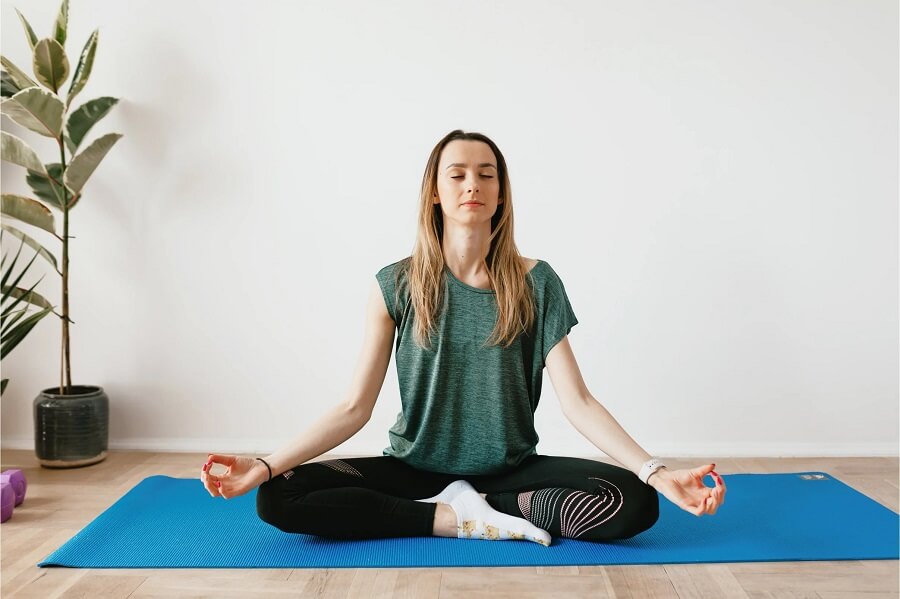Ever wonder how YogaYoga changes your brain?
If you’ve ever done YogaYoga, you’ve undoubtedly experienced that post-session blissful feeling.
According to science, this is not just in your brain. Using brain scans, scientists have shown that YogaYoga changes your brain chemistry. And that’s a good thing.
Like practicing tai chi, using YogaYoga as a form of exercise and meditation can help naturally treat a variety of health problems, particularly those related to the brain and memory.
Effects of Yoga on the brain
While natural therapies, including YogaYoga, are under-funded for research compared to drugs.
Today, some studies have begun to develop convincing theories. It has been confirmed that YogaYoga can have a positive impact on anxiety, depression, and pain tolerance.
Here are some effects of YogaYoga on the brain.
- Increase GABA
One of the effects of YogaYoga is to increase GABA levels in our brain. GABA is short for gamma-aminobutyric acid, also known as the body’s relaxing neurotransmitter.
The neurotransmitter GABA fulfills the function of suppressing neuronal activity. They produce a calming effect similar to the consumption of alcohol and other narcotics.
Yoga increases your brain’s natural GABA production without traditional anti-anxiety medications designed to help your body release GABA.
Yoga sounds better than insomnia, seizures, and, ironically, more anxiety related to drug withdrawal. (3)
Compared to reading a book for an hour, a 60-minute yoga session increases GABA levels by more than 25%. (4)
Also, practicing yoga releases more GABA than walking and other sports. Due to its combination of breathing, meditation, and movement, YogaYoga might be one of the best exercises to combat anxiety.
- Healthier gray matter
People who are depressed or in constant chronic pain may have less gray matter in the brain.
Reducing gray matter can lead to memory impairment, emotional problems, poorer pain tolerance, and decreased cognitive functioning.
Yoga and meditation have the opposite effect on the brain as chronic pain.
According to a study, people who practice YogaYoga regularly have higher levels of gray matter in their brains in areas involved with pain modulation. This means that YogaYoga could be an effective remedy for certain types of depression and one of the best alternative natural pain relievers.
Yoga even acts as a natural antidepressant in pregnant women susceptible to depression. A 2012 study found that meditative YogaYoga significantly reduced depression symptoms in at-risk women. (3)
- More excellent resistance and emotional resilience
Yoga can improve executive functioning and emotional stamina. According to researchers, this could be because it strengthens verbal and visual skills in the brain.
Studies looking at how the brain changes before and after meditation found that the brain structures involved in awareness, attention, and self-related thinking changed. In structure and volume increase, he says. Also, there is your memory.
ABSTRACT
Yoga exercises are effective in fighting anxiety. Thanks to its unique breathing, meditation, and stretching exercises in a single practice.
Research has confirmed that YogaYoga positively changes the brain. For example, it increases the release of GABA, a calming neurotransmitter, and grows gray matter in areas of the brain that allow us to tolerate pain.
While there are many different types of YogaYoga, you can start with gentle YogaYoga with simple asanas.
If you have a headache or are under stress, try YogaYoga instead of taking pain relievers. Your body and the rest of the brain will thank you.






